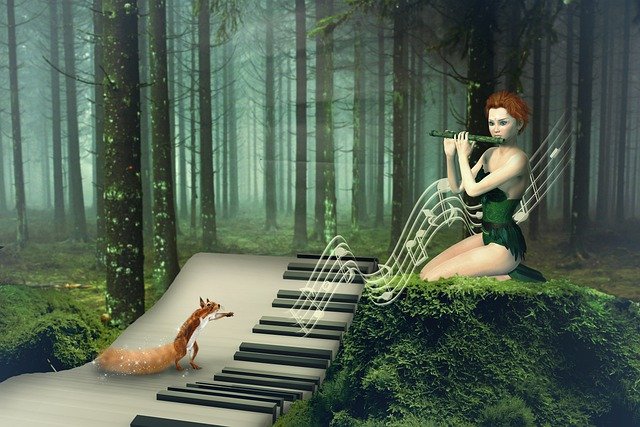Game trailers play a crucial role in marketing your game and engaging potential players. A well-crafted trailer can generate excitement and curiosity, drawing people in and convincing them to try your game. However, crafting a trailer that truly showcases your game’s best features can be challenging, especially if you're new to the process.
I’m Ninichi, a game music composer who’s had the privilege of working on various indie game trailers and soundtracks. Over time, I've gained valuable insights into how to create trailers that grab attention and get players excited. In this blog, I’ll share some tips and strategies to help you create a trailer that makes your game stand out.
1. Create a Powerful Intro
The beginning of your trailer is your first opportunity to capture a viewer's attention, and you only have about 5 seconds to do it! Start with a hook – something visually striking or emotionally engaging that instantly tells viewers they’re about to experience something exciting. Whether it’s an intriguing visual, a compelling character, or a dramatic moment, make sure the opening grabs attention and sets the tone for what’s to come.
2. Focus on the Gameplay
Viewers watch game trailers to get a feel for what the gameplay is like. The core of your trailer should showcase the gameplay itself. Highlight key features that make your game unique, such as innovative mechanics, beautiful visuals, or challenging puzzles. Think of your trailer as a mini-story—allow players to experience a snippet of what they can expect.
Capture the most engaging and exciting gameplay moments, but also leave room for mystery. You want to show enough to entice, but not so much that the trailer reveals everything. Create anticipation for the full experience!
3. Get Great Music and Sound Effects
The music and sound in your game trailer are vital for setting the right mood and building excitement. Music is what carries the emotional weight in your game and keeps viewers engaged throughout the trailer. Be intentional about the music choice, ensuring it matches the energy of your game.
Collaborating with a composer can help you craft custom music tailored specifically for your trailer, adding that extra level of polish and uniqueness. As a composer myself, I’d be happy to help with original scores or offer ready-to-use royalty-free music from my catalog to elevate your trailer. Feel free to explore my collection of game music for your project!
Remember, your trailer’s audio and visuals need to complement each other. Great visuals with lackluster music—or vice versa—will disrupt the experience. The two must work in harmony to make your trailer as captivating as possible.
4. Keep It Short
In a world of short attention spans, less is definitely more when it comes to game trailers. A trailer should be concise, ideally no longer than 90 seconds, and preferably around 60 seconds. This is enough time to showcase the key elements of your game, including some gameplay highlights, the music, and a call to action, without losing the viewer’s interest. Make sure every second counts—cut out anything unnecessary.
5. Build Credibility Around the Game
Credibility is important in convincing potential players that your game is worth their time. If you’ve received any positive reviews or endorsements from industry professionals, bloggers, or influencers, include those in your trailer. Short quotes or testimonials can help build trust and authority, and they show that others believe in your project.
Additionally, if you have an indie studio, make sure to include your logo at the beginning and end of the trailer. Branding helps establish a sense of professionalism and polish, which can go a long way in building credibility with your audience.
6. Have a Clear Call to Action
Always wrap up your trailer with a clear call to action (CTA). What do you want your viewers to do after watching? Whether it’s visiting your website, purchasing the game, signing up for a newsletter, or following your studio on social media, make the CTA simple and easy to follow. One CTA is all you need, so don’t overwhelm your audience with too many choices.
Creating a game trailer may feel overwhelming at first, but with the right approach, it can be a fun and rewarding experience. Focus on showcasing your gameplay, complementing it with the right music, and keeping things short and engaging. By following these steps, you'll have a trailer that excites viewers and encourages them to check out your game.
If you need help with creating music for your trailer, feel free to reach out! Whether you’re looking for custom compositions or royalty-free music, I’m here to support your project and help you make the best possible impression with your trailer.

















